detail profile tatsuo hamada
Peran Yang Di Mainkan Tatsuo Hamada
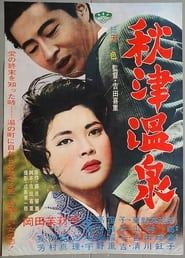 Yoshidas first bigbudget production and colour...
Yoshidas first bigbudget production and colour...Akitsu Hot Springs 1962
Yoshida’s first big-budget production and colour film is a haunting tale of unrequited love and postwar disillusion. The story of the fatal attraction between a spineless intellectual and a strong woman is conventional, but its enactment is radically new.
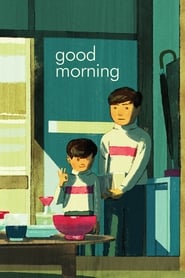 A lighthearted take on director Yasujiro...
A lighthearted take on director Yasujiro...Good Morning 1959
A lighthearted take on director Yasujiro Ozu’s perennial theme of the challenges of intergenerational relationships, Good Morning tells the story of two young boys who stop speaking in protest after their parents refuse to buy a television set. Ozu weaves a wealth of subtle gags through a family portrait as rich as those of his dramatic films, mocking the foibles of the adult world through the eyes of his child protagonists. Shot in stunning color and set in a suburb of Tokyo where housewives gossip about the neighbors’ new washing machine and unemployed husbands look for work as door-to-door salesmen, this charming comedy refashions Ozu’s own silent classic I Was Born, But . . . to gently satirize consumerism in postwar Japan.
 Wataru Hirayamas outwardly liberal views on...
Wataru Hirayamas outwardly liberal views on...Equinox Flower 1958
Wataru Hirayama's outwardly liberal views on marriage are severely tested when his daughter declares that she is in love with a musician and is adamant to live life her own way, instead of agreeing to an arranged marriage. Outwitted by his female relatives, Hirayama stubbornly refuses to admit defeat.
 A young Tokyo salary man and...
A young Tokyo salary man and...Early Spring 1956
A young Tokyo salary man and his wife struggle within the confines of their passionless relationship while he has an extramarital affair.
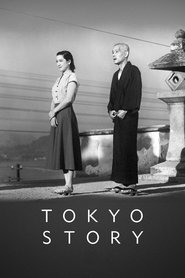 The elderly Shukishi and his wife...
The elderly Shukishi and his wife...Tokyo Story 1953
The elderly Shukishi and his wife, Tomi, take the long journey from their small seaside village to visit their adult children in Tokyo. Their elder son, Koichi, a doctor, and their daughter, Shige, a hairdresser, don't have much time to spend with their aged parents, and so it falls to Noriko, the widow of their younger son who was killed in the war, to keep her in-laws company.
 Noriko is perfectly happy living at...
Noriko is perfectly happy living at...Late Spring 1949
Noriko is perfectly happy living at home with her widowed father, Shukichi, and has no plans to marry -- that is, until her aunt Masa convinces Shukichi that unless he marries off his 27-year-old daughter soon, she will likely remain alone for the rest of her life. When Noriko resists Masa's matchmaking, Shukichi is forced to deceive his daughter and sacrifice his own happiness to do what he believes is right.
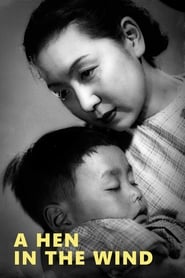 Tokiko is a mother patiently waiting...
Tokiko is a mother patiently waiting...A Hen in the Wind 1948
Tokiko is a mother patiently waiting for her husband's return from the war when her 4-year old son becomes ill. She takes him to the doctor for treatment but has no way of paying. She resorts to prostitution. One month later her husband returns from WWII to find his desperate wife, who tells him the truth. Together they must deal with the consequences.

 Shuhei Hirayama is a widower with...
Shuhei Hirayama is a widower with...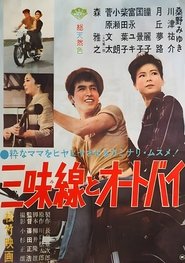 A woman brings her injured daughter...
A woman brings her injured daughter...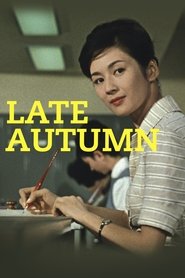 A woman and her daughter are...
A woman and her daughter are...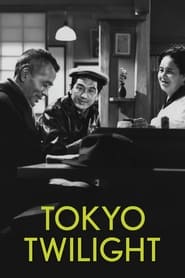 Two sisters find out the existence...
Two sisters find out the existence...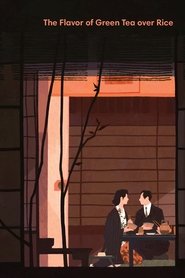 The arranged marriage between a capricious...
The arranged marriage between a capricious... A 28yearold single woman is pressured...
A 28yearold single woman is pressured...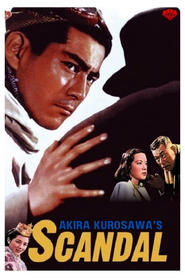 A celebrity photograph sparks a court...
A celebrity photograph sparks a court...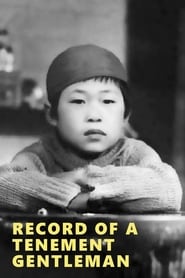 An errant salarymans son gets lost...
An errant salarymans son gets lost...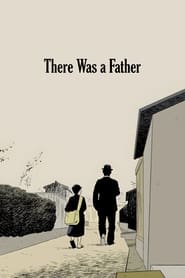 Shuhei Horikawa a poor schoolteacher struggles...
Shuhei Horikawa a poor schoolteacher struggles... After the death of her husband...
After the death of her husband...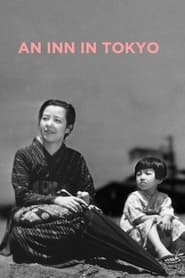 An unemployed Japanese man and his...
An unemployed Japanese man and his...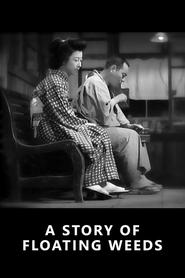 An aging actor returns to a...
An aging actor returns to a...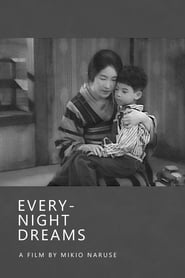 In Depressionera Tokyo the life of...
In Depressionera Tokyo the life of...